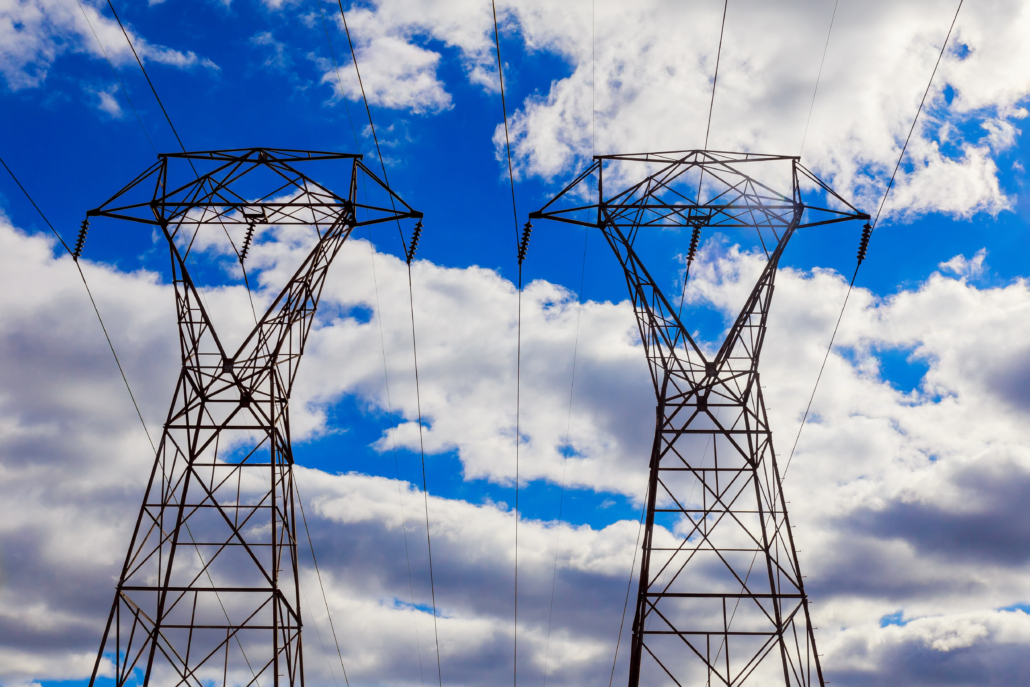#EconomicPolicy
#EconomicPolicy77
How Europe’s manufacturing sector copes with energy price shocks
New evidence from French firms
Following Russia’s invasion of Ukraine and a subsequent tripling of gas prices and doubling of electricity prices, there were widespread fears of the threat to European manufacturing. Yet new research by Lionel Fontagne, Philippe Martin and Gianluca Orefice shows that over the past three decades, firms have adapted quickly, strongly and through multiple channels to such energy price shocks.
Their study of the experiences of French manufacturing firms over the period from 1996 to 2019 shows that faced with an energy price increase, the firms reduced their energy demand, improved their energy efficiency, increased their imports of intermediate inputs and optimised energy use across their plants. As a consequence of these multiple channels of adjustment, output and employment fell, but the fall in profits was small or concentrated on the most energy-intensive firms.
What are the implications of this evidence for the mechanisms of resilience of Europe’s manufacturing sector in the context of the present energy crisis? One key message is that the price signal works, so it is important that the aim of public policy in the short term should be to increase energy efficiency rather than to absorb price shocks. Longer-term policy should focus on using public money to promote innovation and energy efficiency to help the transition towards clean energy, as well as reforms of Europe’s electricity market.
In the immediate aftermath of Russia’s invasion of Ukraine and the resulting spike in gas and electricity prices, there were widespread concerns about the potential threat to Europe’s manufacturing industry, fears that have largely been allayed by the apparent resilience of the sector. The new report explores the mechanisms behind this response at the firm level, drawing on data from past energy price shocks in France.
The analysis shows that French manufacturing firms adapt quickly, strongly and through multiple channels to energy shocks, even though electricity and gas bills represent a very small share of their total costs.
Over the period 1996-2019, faced with an idiosyncratic energy price increase, French manufacturing firms reduced their energy demand, improved their energy efficiency, increased imports of intermediate inputs and optimised their energy use across plants.
While firms were also able to pass through the cost shock fully on export prices, their production, exports and employment fell. But a consequence of the multiple adjustment channels used by firms is that the fall in profits was non-significant, small or concentrated on the most energy-intensive firms.
Over time, the impact of electricity shocks has weakened, which suggests that only firms capable of adapting their production process to weather cost shocks have survived. There is also some evidence that firms react less to large electricity and gas price shocks.
The study has implications for a wide range of national and supranational policies, including energy subsidies and energy efficiency incentives for households and businesses, the transition to cleaner energy sources, and reforms of Europe’s electricity market, which should seek to reduce volatility and firms’ exposure to shocks by developing long-term contracts.
The Many Channels of Firms’ Adjustment to Energy Shock: Evidence from France
Authors:
Lionel Fontagne (Banque de France and Paris School of Economics)
Philippe Martin (Sciences Po and CEPR)
Gianluca Orefice (University Paris-Dauphine)







